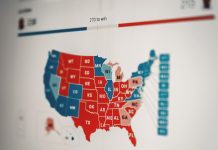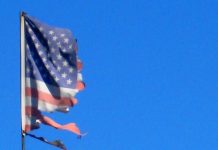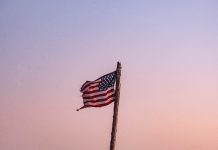On Election Days, winners traditionally celebrate with champagne, while losing candidates drown their sorrows with a straight-up whiskey or two. Except in South Carolina, that is, where for over a century has state law forbidden the sale of alcohol in bars, restaurants and liquor stores on election days.
Until now. On June 2 Gov. Nikki Haley signed H. 3512 into law, allowing alcoholic beverages to be sold on the same days as elections by all facilities with proper licensing. Previously, sale of alcoholic beverages was banned ?on statewide election days,? leaving South Carolina to be the sole state to still have such restriction.
The former law’s basis was twofold, historians say. In the late 19th Century, campaigns would try to corral voters before they could arrive at polling locations, then give last-minute appeals while pouring stiff drinks; the law blocking alcohol sales on election days was meant to prevent that type of influence. In the early 20th Century, saloons were a common polling location, and the same law was used to prevent any interruption in voting caused by regular business in those establishments.
But times have changed, state legislators said. As state Rep. Bakari Sellers, a sponsor of the bill, said, ?it’s 2014, dude.? Also Democratic candidate for Lt. Governor this year, Sellers told USA Today ?I’m trying to bring South Carolina into the 21st Century. Election Day is about sorrow or joy. You should be able to buy a drink.? Sellers said he’s tried for eight years to introduce legislation removing the restriction.
The call for allowance of Election Day sales was added to a bill meant to attract businesses to the state. Previously, alcohol could not be sold from the same facility where it’s made, blocking establishment of restaurants and bars that brew their own beer.
Under the new law, election day sales of beer, wine and liquor are allowed, but Christmas Day sales are now restricted, a new provision that may have been included to appease conservative legislators who first opposed the bill. Most businesses that serve alcohol are closed on that holiday, though.
South Carolina was the last state to have such a law, according to the Distilled Spirits Council, which said the ban blocked $1.1 million in retail sales and over $100,000 in collected taxes. With Gov. Haley’s signature, South Carolina became the seventh state since 2008 to lift the ban.
Edited/Published by: SB






